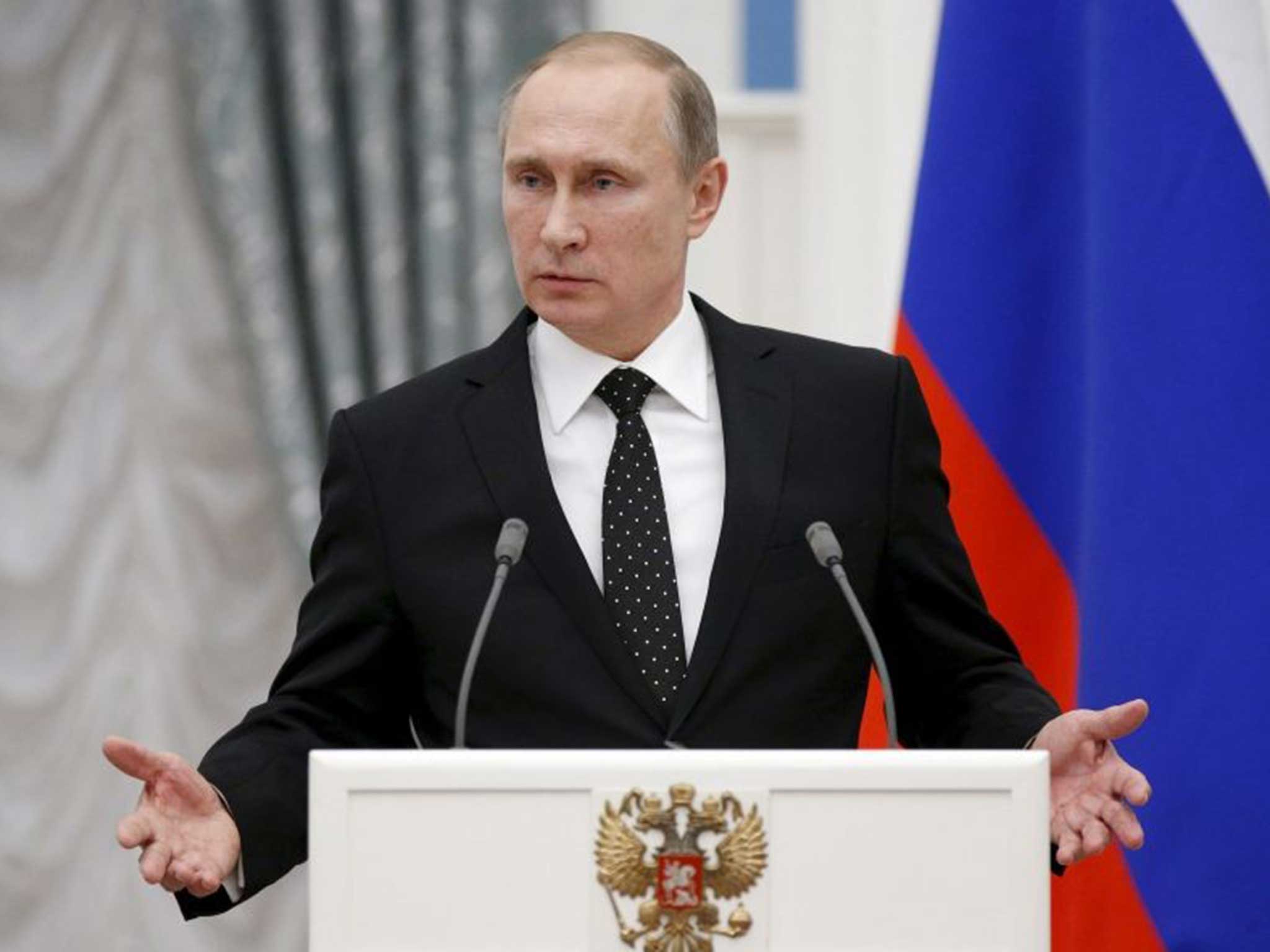It’s not their differences that have put Russia and Turkey at loggerheads – it’s the similarities between Putin and Erdogan
Both leaders have been playing a similar political game, and now it is unravelling

Are Russia’s Vladimir Putin and Turkey’s Recep Tayyip Erdogan birds of a feather? Veteran Turkish columnist Cengiz Candar has called Putin Erdogan's “political twin”, and there is no doubt the two leaders have a great deal in common.
Both grew up in tough neighbourhoods, in Leningrad and Istanbul, and in his youth Erdogan was not only on the streets selling ‘simits’ (bagels) but also became a skilled footballer. Despite his size, Putin had his fists screwed on and became a black belt in judo and karate. Both men are on an eye level with their supporters, which has earned Russia’s president a record 90 percent backing and for Erdogan 50 percent, mainly consisting of religious conservatives.
Putin began his career as a lieutenant colonel in the KGB and later became part of President Yeltsin’s administration, and Erdogan’s period as mayor of Istanbul proved him to be a capable administrator. The collapse of the Soviet Union and in Turkey of secular rule provided both with the political lift-off they needed to take their countries in a new direction.
Both have a vision of restoring their country’s glorious past and of its taking its rightful place as a world power. Putin, who is also depicted in Tsarist uniform, is building Novorussiya on the Russian Orthodox Church and traditional Russian culture and history. Erdogan’s new Turkey takes as its reference point Turkey’s Ottoman past and Islam - which is why Erdogan’s chief source of inspiration and now Prime Minister, Ahmet Davutoglu, refers to the governing AKP (Justice and Development Party) as “a restoration movement” and the republican period from 1923 until 2002, when the AKP came to power, as “a parenthesis”.
Putin and Erdogan have a grandiose vision of expanding their country’s borders and influence. In Putin’s case there is Georgia and Crimea, but he has become badly unstuck over Ukraine. Davutoglu speaks of “a new world order”, uniting the Balkans, the Caucasus and the Middle East, with Turkey as its hub. However, Erdogan succeeded in deceiving the West and presented his AKP as a Western-oriented, reformist and secular party until he had secured his grip on power.
Syria is now the meeting point for the two visions – Erdogan’s and Putin’s - and where the two leaders are at loggerheads. As a redacted report from the US Defense Intelligence Agency dated August 2012 makes clear, Syria had already become the scene of a proxy war – with the West, the Gulf states and Turkey supporting the opposition (the Salafists, the Muslim Brotherhood and Al Qaeda) and Russia, China and Iran supporting the regime.
The report states: “If the situation unravels, there is the possibility of establishing a declared or undeclared Salafist principality in eastern Syria, and this is exactly what the supporting powers to the opposition want in order to isolate the Syrian regime.”
Now, with the creation of Isis, the supporting powers have got what they wanted. In other words, they have been hoisted by their own petard.
Recently, Russia’s foothold in the Eastern Mediterranean has been further cemented by an agreement with Cyprus allowing Russian warships to use Cypriot ports, and a naval base at Tartus has been augmented with an airbase at Latakia. Now Syrian air defences have been beefed up with S-400 missiles.
Three years ago Erdogan stated: “A short-term violation of airspace can never be a pretext for an attack”, but in the case of the Russian Su-24 he was evidently prepared to make an exception - no doubt because ethnic kinsmen, the Turkmens, were under repeated attack on the other side of the border.
This is exactly the same principle Putin has invoked for coming to the aid of kinsmen in Ukraine. But, as Turkey is discovering, what is sauce for the goose is not necessarily sauce for the gander.
Robert Ellis is a regular commentator on Turkish affairs in the Danish and international press.
Join our commenting forum
Join thought-provoking conversations, follow other Independent readers and see their replies
Comments
Bookmark popover
Removed from bookmarks